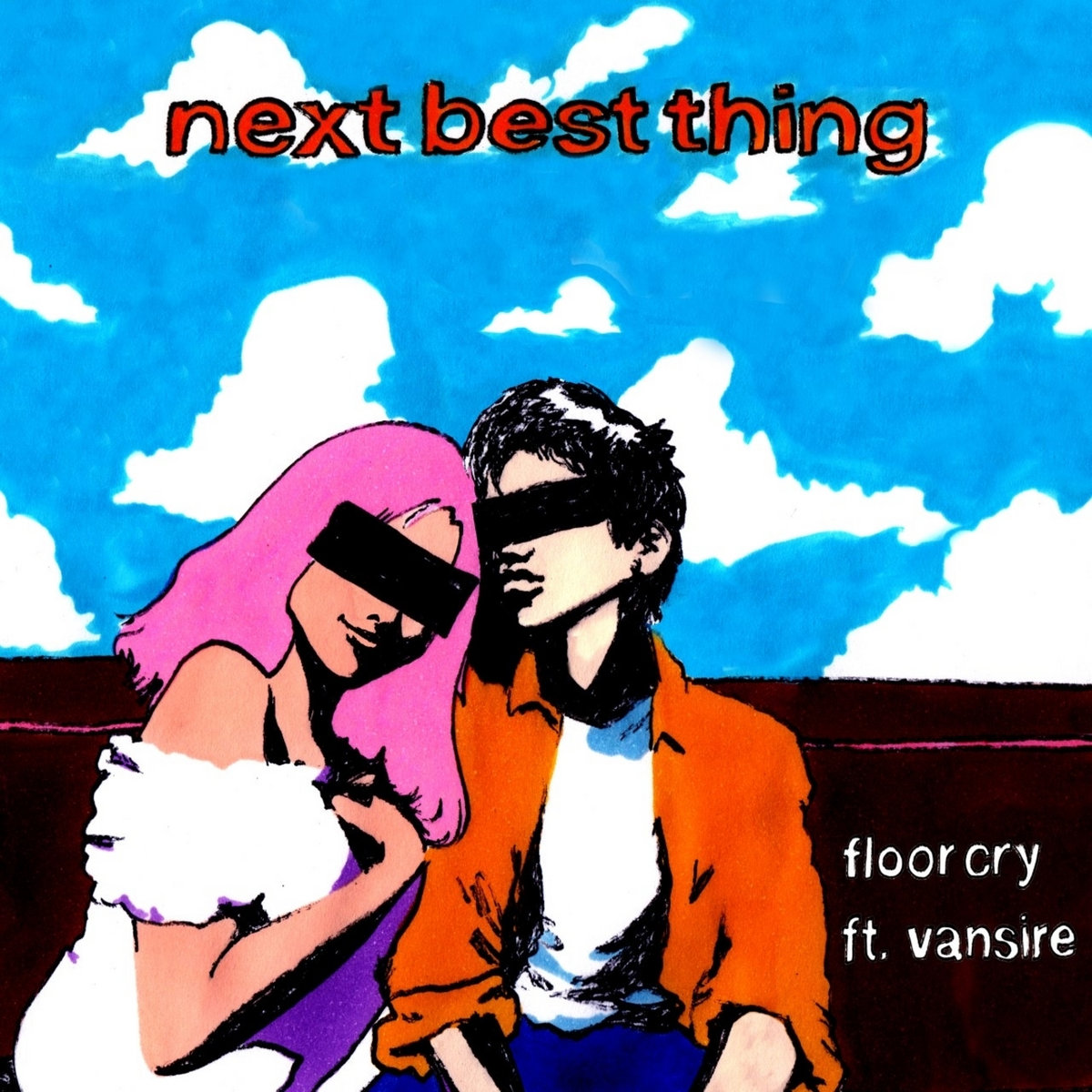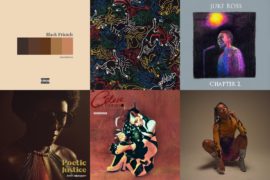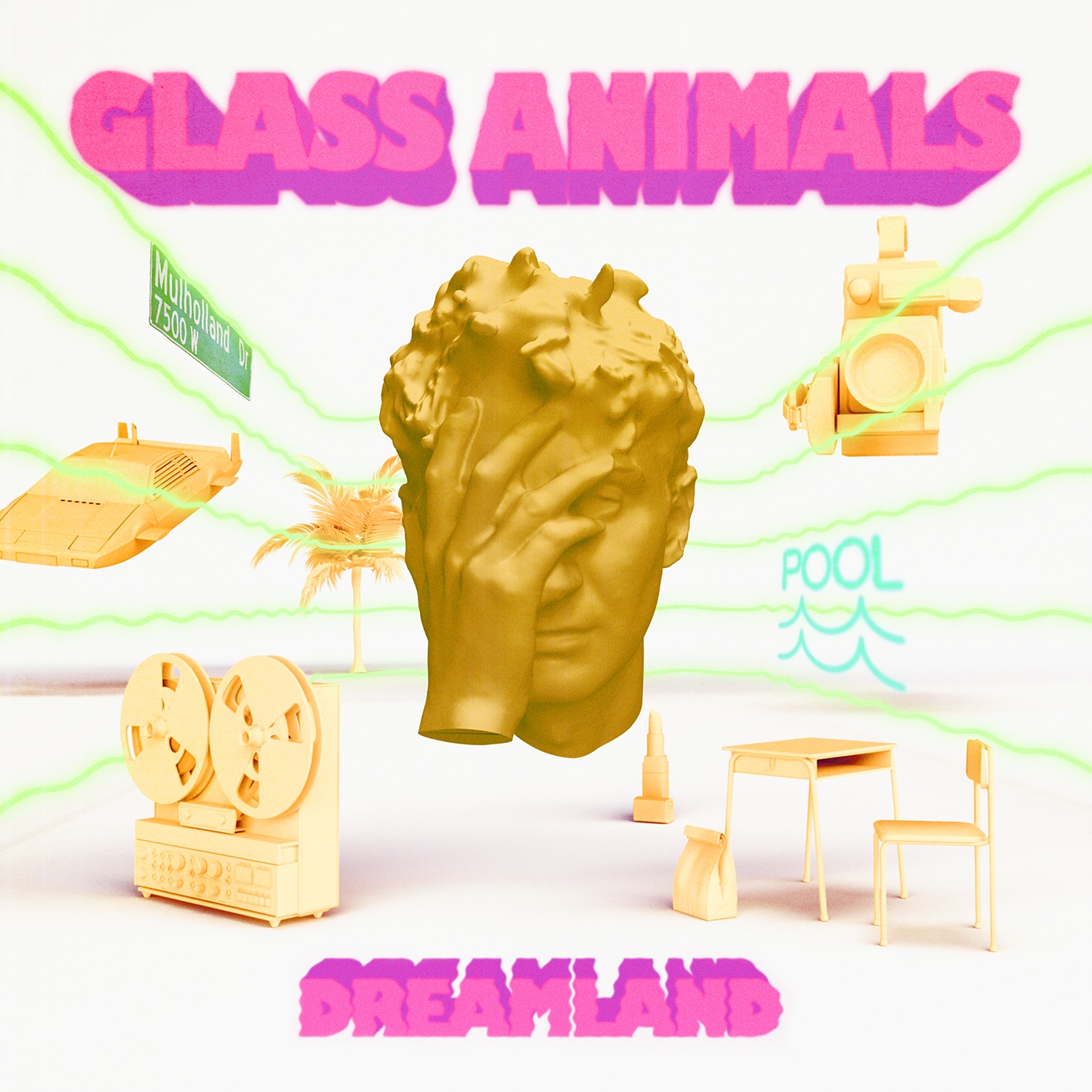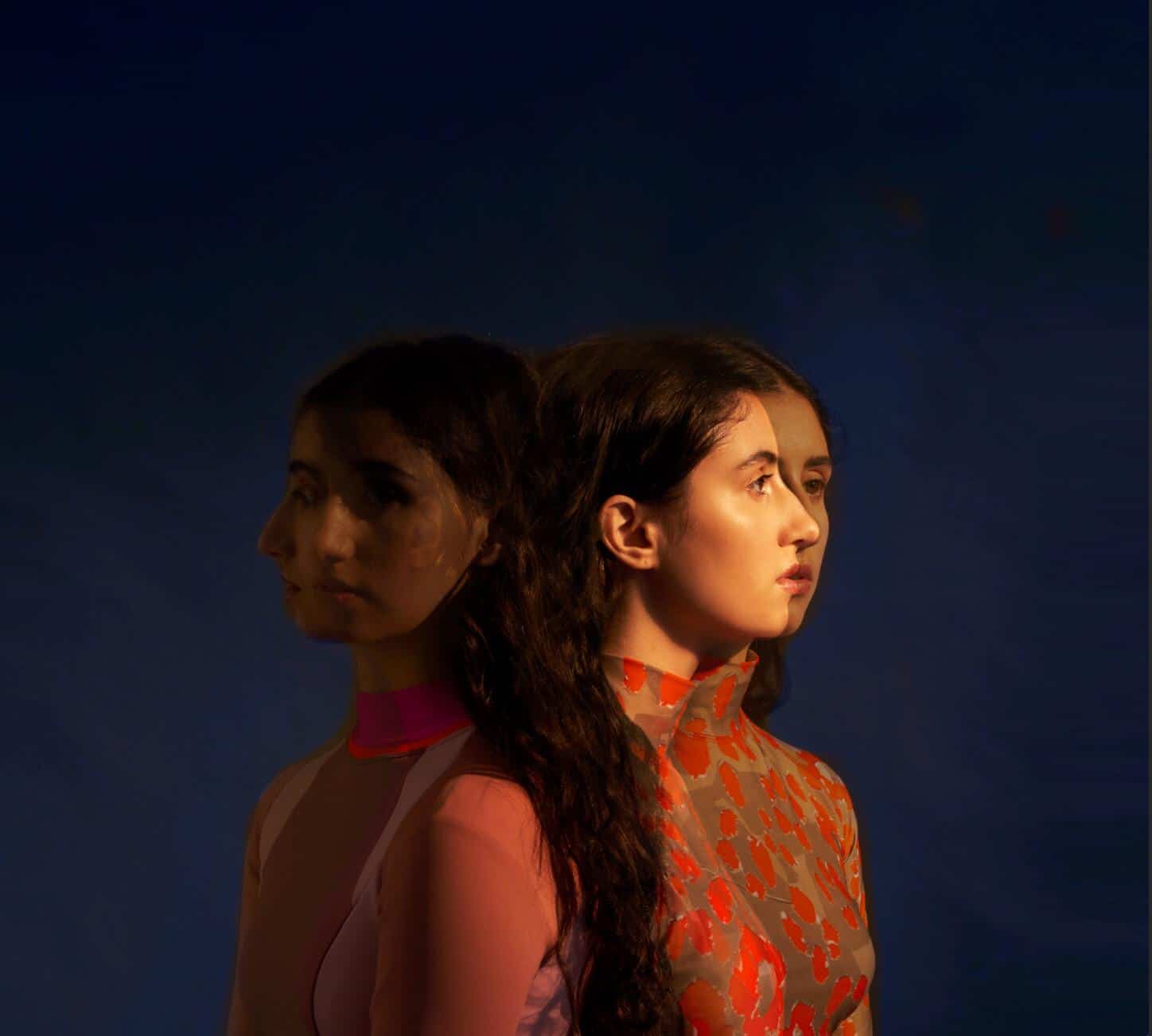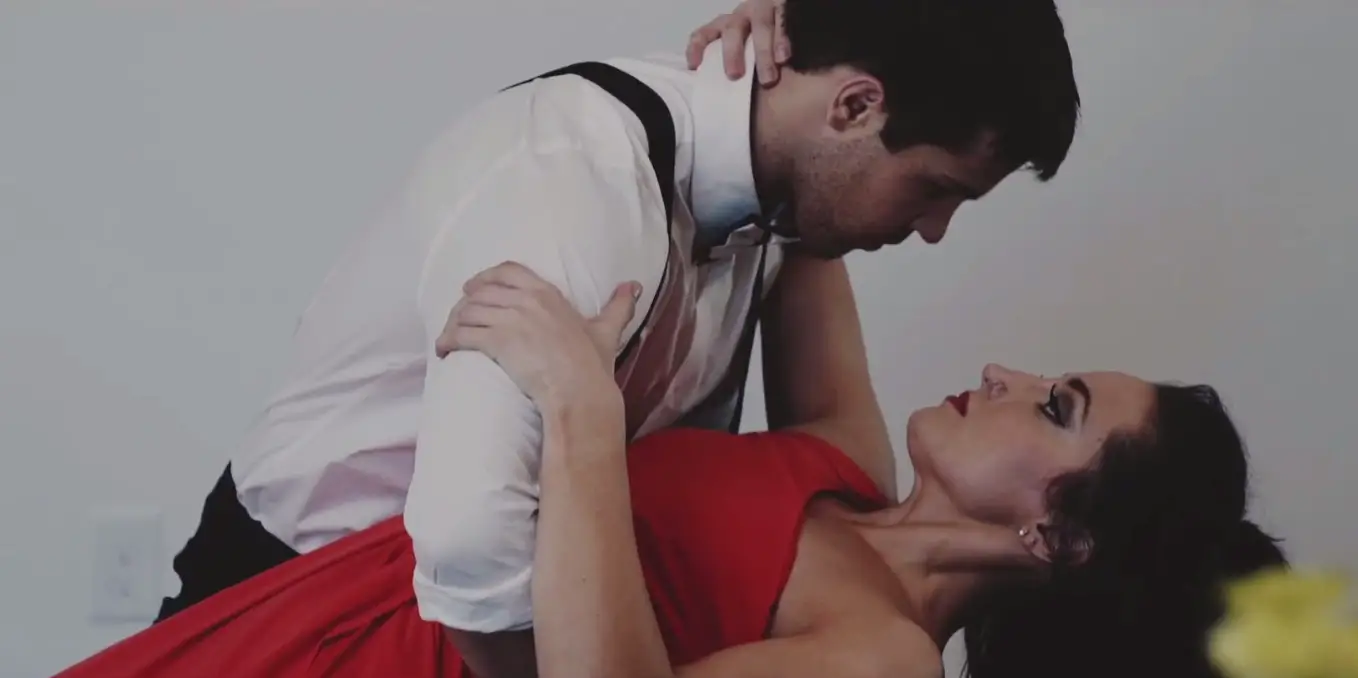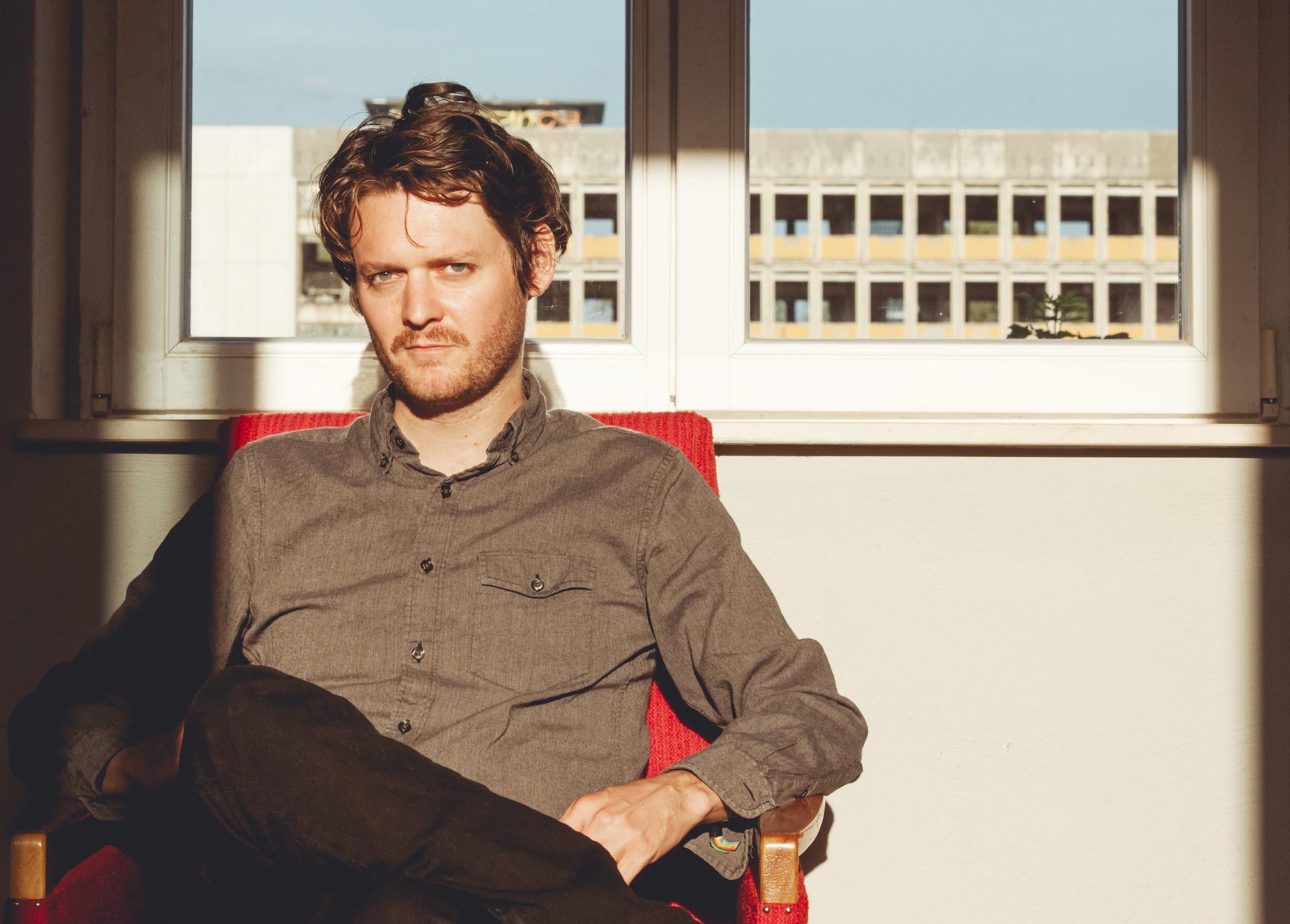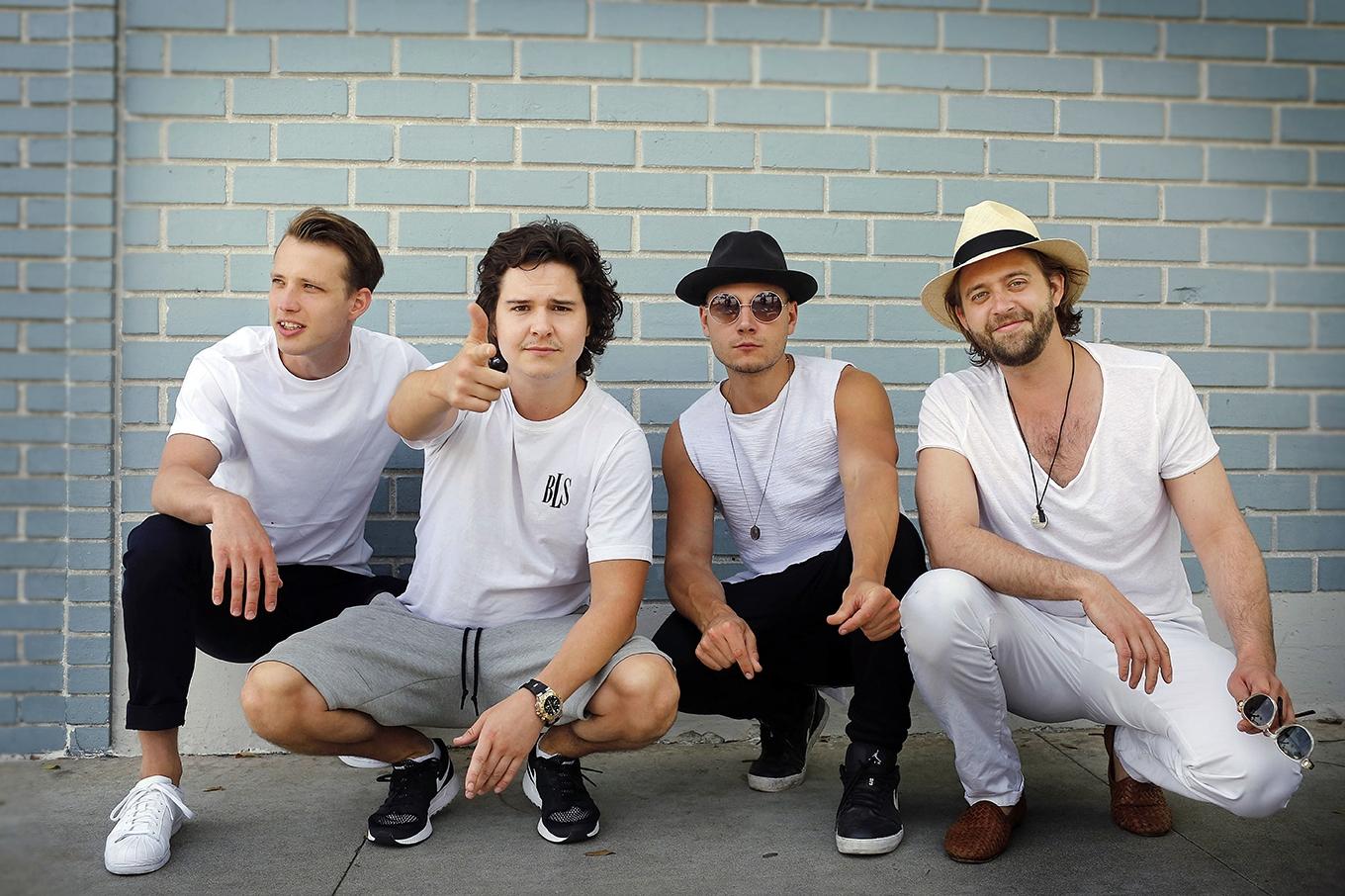Burlington indie folk singer/songwriter Lily Seabird unpacks the grief at the heart of her sophomore album, ‘Alas,’ – an unflinchingly raw record of loss, turmoil, acceptance, and letting go.
for fans of Squirrel Flower, Skullcrusher, Big Thief, Hovvdy
Stream: “Cavidy” – Lily Seabird
These songs to me capture pain, beauty, transience. I just hope that people can find something they can connect to.
Lily Seabird’s heavy soul aches throughout her sophomore album.
It’s not easy to lose a loved one; to comprehend the end of a life that was once so intertwined with our own. How do we possibly move on with ourselves, knowing someone we cared so deeply for can’t do the same? These thoughts haunt us, weighing on the mind as we grieve, as we remember, and as we find our own paths forward in life.
Beauty and pain are often one and the same, and in Alas, they melt together as Lily Seabird mourns and grieves a friend, reckoning with death the only way she can. Intimate songs full of heartache and raw vulnerability find a mortal soul coming to terms with loss and finding herself in the process. In dwelling in such depths, Seabird creates a space for all of us to unpack and process what it means to live, to die, and to have been alive.
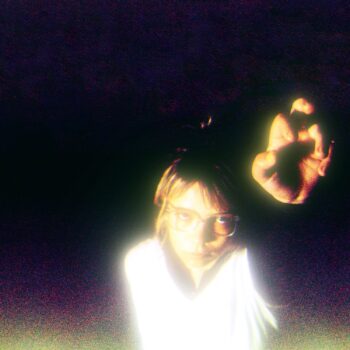
Been a lot better lately without you around
Sitting at home and drinking
I think more clearly
than when you were around
Been down this road before,
but still don’t know what to do
Don’t forget you’re the one
that left my key in my back door
Filling up my past like a cavity,
but I can’t quit the habit
I’m addicted to it ’cause it’s so sweet
I’m in love with you baby
but I don’t want you around
I’ll eat your shit ’til it rots
but I won’t be the one to wear your silver crown
Independently released January 12, 2024, Alas, is grungy, gritty indie folk at its finest. The sophomore album from Lily Seabird – the pseudonym of Burlington, Vermont-based singer/songwriter and producer Lily Seward – follows two and a half excruciatingly long years after her debut album Beside Myself, and sees a more mature artistry coming into view. Working together with Benny Yurco, Seward digs into her depths to create an achingly intimate and all-consuming experience: Alas, leans hard into grief, healing, and one soul’s unbridled, unabridged reflections on what it means to exist in this world.
Seward wrote the album in 2021 and 2022, mostly while she was on the road and trying to figure out who she was.
“I just wanted to make something authentic to myself, something that was natural,” she tells Atwood Magazine. “I didn’t really set out to make anything in particular. When we recorded the demos for it in 2021, more than half the songs were different. We took a really long time to record this record. I wasn’t in any rush to put something together quickly. I recorded it with my friend and mentor Benny Yurco, who lives right in Burlington so we would just do chunks at a time. Benny and I see things in a really similar way, in that we just wanted to record instruments in a way that would enhance the songs as songs, for no other reason. A lot of experimenting. I guess the vision was just to make something real, and we were open to anything.”
In the middle of recording the record, Seward lost a close friend suddenly.
“‘Alas,’ is a sentiment that helped us feel close to her,” she explains. “It’s a word that helps us keep going and brings her forward with us. I wrote these songs while I was really close to her, and for a while I felt like they didn’t fit together on a record, I felt like there was a mix of genres and emotions, too much happy and sad together. After she passed it felt like it all made sense to me, it was like ‘Alas,” beauty, pain, transience, impermanence.”
Seward describes her sophomore album as dark, dynamic, and hopeful.
“The album is about loss, coming of age, and sadness but there are also all these moments where happiness takes over,” she asserts. “It can be two things at once: Life isn’t just pain and sadness, there’s also joy. They can all exist at the same time. Alas, is an expression of grief, but it’s also for letting go.”
Alas, is without a doubt a creative evolution – one that mirrors the artist’s own tremendous growth over these past few years, while evoking the intensity of her most visceral emotions and thoughts during this period.
“I feel more grown up now,” she says. “I made the first record with the idea to just record the songs I had been playing live, it was the pandemic. I thought a lot more about making ‘Alas,’, I took more time, and had the tools and resources (thanks to my friend and mentor Benny) to actually make a record that felt like me. I also didn’t go into it trying to make something specific – I just went along for the ride, which I feel like you kind of have to do when making art.”
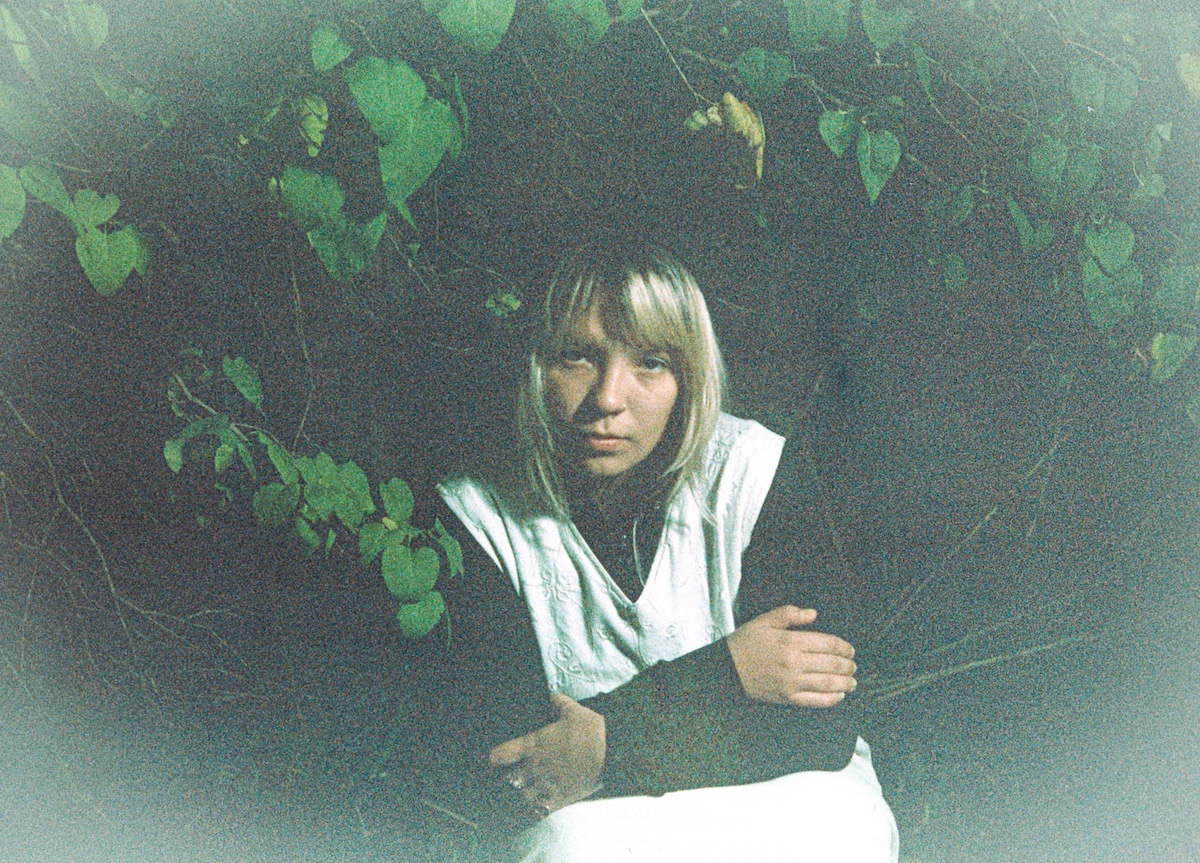
The journey from Seabird’s churning, emotionally charged opener “Take It” to her spiritually cleansing finale “The end of the beginning” is long and full of tenderness and turmoil – a mélange of musical friction and harmony to mirror the feelings within. Highlights include the fiery, feverish “Grace” – whose lyric, “I hope she’s happy now, she should be 25. She taught me something that I thought I’d always hide,” cuts to the core – as well as the the grungy and hard-hitting “Dirge” (“I don’t know if I believe in god, I don’t know if I know how to go on”), the breathtakingly heart-wrenching “Twenty,” and the quiet, dark, and delicate folk-laced confessional “Cavity,” a song that’s as soft as a whisper and heavy like a stone:
Hate this song like a tooth ache,
shot the dark like a mistake
Burn it down to the ground for you,
cry my eyes out for you too
Hate the weather when it’s clear out,
even more when it rains
Maybe I just can’t stop
spreading around all my pain
Considering these songs come from such a meaningful and painful place, it’s no surprise that Seward has plenty of favorites herself. “I never play ‘Angel’ live,” she says. “It’s one of my favorites lyrically. I especially like that it’s the end of ‘side a,’ and that ‘side b’ starts with something heavy like ‘Dirge.’ ‘The end of the beginning’ is also one of my favorites, I don’t play that one too often, either. It was songs like these that we really experimented with. And ‘Cavity’ too.”
Life isn’t just pain and sadness, there’s also joy. They can all exist at the same time. Alas, is an expression of grief, but it’s also for letting go.
There’s a lot to love about Alas, provided you’re okay to take the plunge and join the artist Lily Seabird in her unfiltered, unflinchingly raw reckoning.
It’s a beautiful melancholia, and it’s as unabridged as it is unapologetic: At some points, it does feel like we’re listening to a 47-minute musical eulogy, and yet ultimately, we end not on a moment of pain, but one of catharsis and resolve; of acceptance and inner peace.
“These songs to me capture pain, beauty, transience. I just hope that people can find something they can connect to,” Seward shares. “From making this record I’ve taken away that nothing is permanent, and things don’t have to be so serious. I feel more inclined to take chances, and if I like a take, to just go with it rather than striving for some made up idea in my head. I finished the record a year ago even, and putting it out now feels really energizing. I am excited to share something that really feels like me.”
Experience the full record via our below stream, and peek inside Lily Seabird’s Alas, with Atwood Magazine as Seward dives into five of her favorite songs off her sophomore album!
— —
:: stream/purchase Alas, here ::
:: connect with Lily Seabird here ::
Stream: ‘Alas,’ – Lily Seabird
:: Inside Alas, ::

— —
Angel
This is maybe my favorite song lyrically that I’ve written. It feels more like a piece of writing/poem in a way than a song. I wrote this song during lockdown in the pandemic. I was also reading the novel Beautiful Losers by Leonard Cohen at the time, he’s one of my favorite artists and he wrote a lot of good books and poetry too. The narrator is like this tormented and bereaved guy who basically is in isolation reconstructing his relations with the dead. It blurs memory with fantasy and history (beyond his lifetime) and reads like a stream of consciousness kind of collage. I felt very connected to the narrator of the book at the time. I was also drinking way too much which maybe made me feel more connected to it too. This song, and actually all the songs I write just kind of pour out of me from some ether like space in me, so I just hit record on my phone and this song came out. Then I wrote it down.
I never play it live because I am still trying to figure out how to do that live, but was really glad to have it come out on the record. We ate some mushrooms and then just tried to record it, and we kept like one of the first takes and did it all in one night.
Waste
I wrote this after I had been obsessing over part 5 What the Thunder Said of “The Waste Land” by T.S. Eliot. It inspired the song a lot and is where the title comes from. The whole poem is full of allusions and quotations from other works. It’s also super long, like over 400 lines.
I wrote this song on my lunch break from work in November 2021, right after I released my first album. I felt inspired so I drove home and picked up my guitar and pressed record, and this is what came out. Then I listened to it on my headphones at my desk and wrote it down.
Cavity
I really like how this song turned out. The first time we recorded it we tracked it live with the band but later ditched that take. It was one of the last songs we recorded. It’s just Benny, Greg, and I on it. We started with the drum machine, because I had actually wrote this song and practiced it when I had been borrowing the same drum machine that is on the record in the end from Benny the previous winter. I had a lot of fun experimenting with the piano sax and guitar with Greg, I wanted it to sound abstract and wonky and I feel like that is what we got.
Over and over again (searching for you in the space)
I love to play this song live, with the band, when I play as a duo with my partner, and also when I play it solo. I have a lot of ways that we play this song. For the most part feels like a song about grief and loss of innocence. I initially wrote it about changing relationships/loss of partnership, but this song has changed meaning for me now. I lost a close friend while recording this album and now the chorus makes me think of her, because it’s a real part of grief I’ve realized, feeling like someone feels so far away and further as time goes on, it’s sad and makes me feel guilty in a way. But playing this song I guess allows her to come back to me at least it feels like.
The end of the beginning
When I hear this song I imagine a 1920’s-esque carnival/graveyard in Montreal where everything kind of looks like the nightmare before christmas. That is what I told everyone when we went into recording this song. I think we succeeded at fulfilling my vision for this song. I couldn’t figure out what to call it for a really long time, and this is just what we were calling it for a placeholder, I think Benny might have even come up with it… and then I just realized that it worked for so many reasons. I am happy that this is how the album ends.
— —
:: stream/purchase Alas, here ::
:: connect with Lily Seabird here ::
— — — —

Connect to Lily Seabird on Instagram
Discover new music on Atwood Magazine
© Patrick Hintz
:: Stream Lily Seabird ::

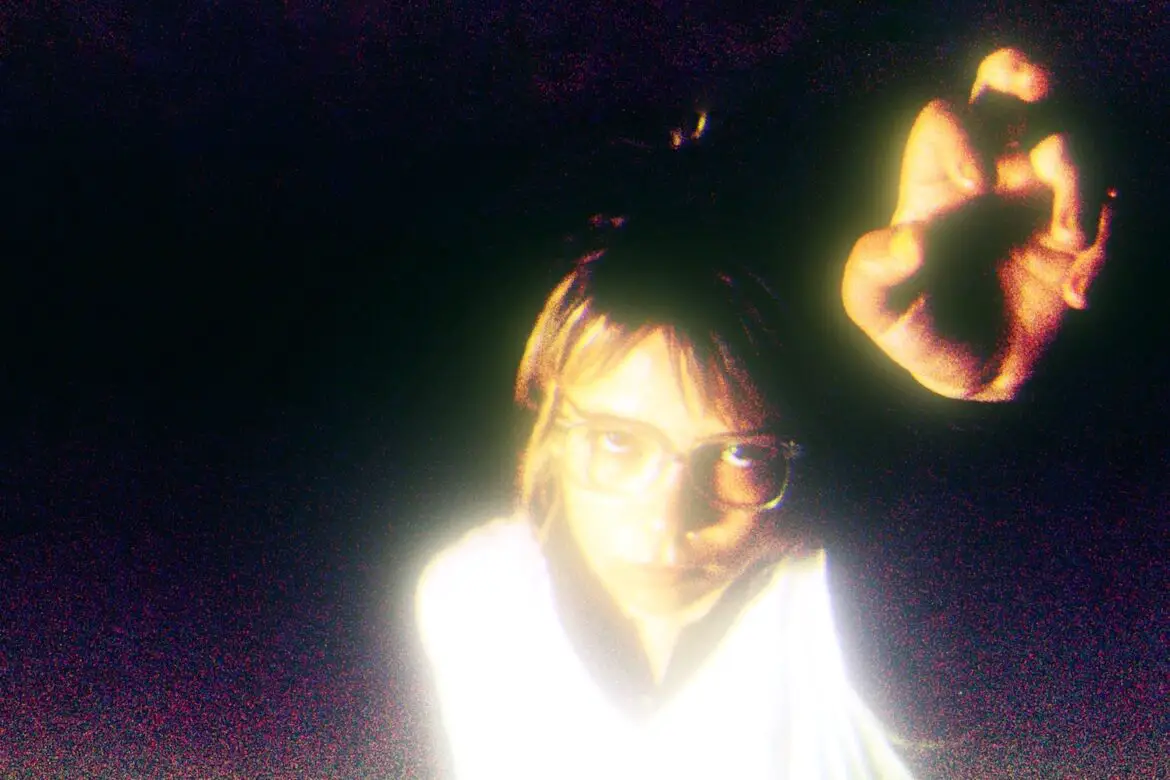
 © Patrick Hintz
© Patrick Hintz